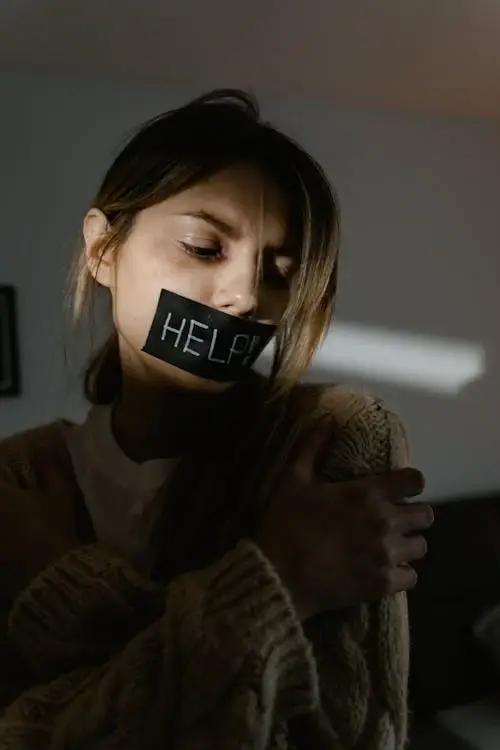You open Instagram, and within seconds, your screen floods with an endless stream of perfect bodies, dream vacations, luxury cars, and seemingly flawless lives. Everyone appears to be thriving—smiling, glowing, successful. However, it’s all a lie. A well-crafted, edited illusion. Behind the screens, many of these influencers and celebrities battle their own demons—just like you. Yet their filters, Photoshop tricks, and curated captions make you question why your life doesn’t look like theirs.
If you’re in recovery from addiction—be it drugs, alcohol, cannabis, or opioids—this toxic mirage can be lethal. It chips away at your progress, making your struggles feel abnormal, embarrassing, and insurmountable.
Here’s how social media impacts recovery.
The Social Media Trap: From Comparison to Relapse
Comparison is the death of recovery. Scrolling through the fabricated highlight reels of others distorts your perception of reality. You forget that healing isn’t glamorous. It’s gritty, painful, and raw. However, no one posts about their breakdowns in the shower, the sleepless nights, or the unbearable cravings gnawing at their sanity.
So when you, during withdrawal, see someone effortlessly “living their best life,” a voice in your head whispers: Why am I struggling so much? Maybe I’m just not strong enough. Maybe I’ll never be normal. This insidious self-doubt fuels isolation and despair—the two biggest triggers for relapse. And once you’re back in the grips of addiction, social media becomes the enabler, pushing unrealistic standards and deepening your shame.
Overdose Deaths Are Rising: The Cost of Self-Deception
Addiction isn’t just an emotional battle—it’s life or death. Overdose deaths are at an all-time high, fueled by the isolation and hopelessness perpetuated by unrealistic social media standards. People in recovery, overwhelmed by feelings of failure and inadequacy, are turning to fentanyl-laced opioids, binging on alcohol, and overdosing at alarming rates.
Every day, families lose loved ones who feel they can’t keep up with the expectations set by a world that only shows its best moments. The stakes are real, and social media is complicit in the silent destruction of countless lives. The algorithm doesn’t care if you relapse. It doesn’t care if you overdose. It just wants you addicted—to scrolling, to compare, to chasing an unattainable fantasy. Social media’s impact on recovery is something not to be taken lightly.
The Hard Truth: Without MAT, Recovery is a Losing Battle
Many rehabs push abstinence-only models, but let’s be clear: Without medication-assisted treatment (MAT), your chances of long-term recovery are grim. Study after study, expert after expert, government agency after government agency—every single legitimate source agrees: MAT is the only proven effective treatment for addiction. Period.
Without it, you’re white-knuckling through cravings, battling biochemical imbalances your brain isn’t equipped to fight. But with MAT—buprenorphine or naltrexone—you have a fighting chance. You regain control. You find relief. You rebuild your life without the constant torment of withdrawal and cravings sabotaging your progress.
You’ve read about social media’s impact on recovery and addiction. Now, will you succumb to the manufactured perfection, or will you seize control of your narrative? At Overcoming Addictions, we offer a lifeline, a scientifically proven path to lasting recovery.
Our Medication-Assisted Treatment (MAT) programs with suboxone and naltrexone treatment online are not a band-aid; they are a fortress. We provide the tools you need to dismantle the chemical stronghold of addiction, to reclaim the control that social media so cruelly steals. We don’t just treat the symptoms; we address the root cause, providing a stable foundation from which you can rebuild your life, brick by brick.
“I tried quitting cold turkey for years. I went to three different rehabs. Every time, I relapsed. It wasn’t until I got on MAT at Overcoming Addictions that I finally felt free.” — James, 34, three years in recovery.
Reclaim your narrative by Contacting us now.












